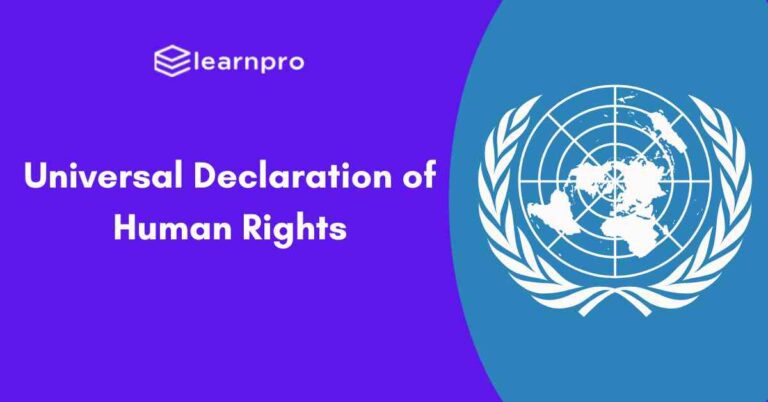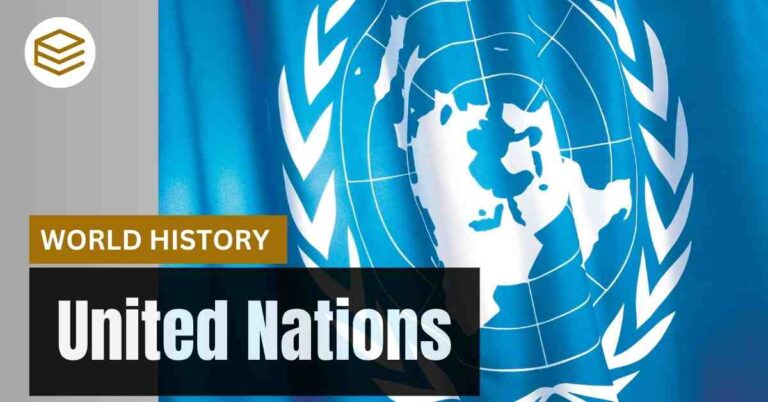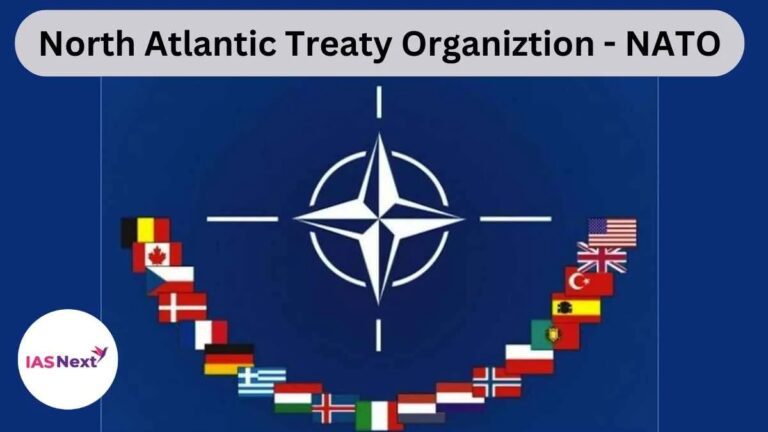January 25, 2026 5:45 am

QUAD
Introduction:
- The QUAD, also known as the ‘Quadrilateral Security Dialogue’ (QSD), is an informal strategic forum consisting of the United States, India, Australia, and Japan.
- All four nations are democratic and share a common interest in ensuring unhindered maritime trade and security.
- The primary aim is to support a free, open, and prosperous Indo-Pacific region.
- The concept of QUAD was initially proposed by Japanese Prime Minister Shinzo Abe in 2007, but it did not advance initially due to Australia withdrawing, reportedly under Chinese pressure.
- The coalition was formally revived in 2017, bringing together India, Australia, the US, and Japan.
Guiding Principles of the QUAD Group:
- The QUAD aims to keep strategic sea routes in the Indo-Pacific free from military or political interference.
- It is viewed as a strategic grouping to counter Chinese influence.
- Core objectives include upholding a rules-based global order, ensuring freedom of navigation, and supporting a liberal trading system.
- The group provides alternative debt financing for countries in the Indo-Pacific, reducing dependency on China.
- QUAD leaders engage in discussions on global issues like emerging technologies, infrastructure, cybersecurity, maritime security, climate change, pandemics, and education.
Significance for India:
- The QUAD holds strategic importance for India, offering multiple benefits:
- It serves as a platform for India to engage with the US and other major powers on defense and security cooperation.
- Enables India to align its efforts with like-minded nations on challenges like terrorism and maritime security.
- Facilitates stronger economic and trade relations, with initiatives like the QUAD Trade and Investment Working Group.
- Provides India a stage to promote its foreign policy and boost its global influence.
Challenges:
- Lack of a Clear Mandate: The QUAD lacks a formal charter, and its members have varying priorities, making consensus difficult.
- Limited Progress: Despite numerous meetings, the QUAD has made slow advancements on regional security and trade.
- Political Differences: Diverse political systems and foreign policy goals among members can hinder cooperation.
- Maritime Focus: The emphasis on the Indo-Pacific raises concerns about the QUAD’s relevance to broader regions like Asia-Pacific and Eurasia.
Way Forward:
- Unified Strategy: Member nations need a coherent approach to counter China, avoiding fragmented interests.
- Formalization: Establishing a structured format for QUAD discussions may improve coordination and efficiency.
- Clear Indo-Pacific Vision: Articulating a comprehensive Indo-Pacific strategy that aligns with all members’ economic and security goals.
- Engagement with Regional Organizations: Collaborating with other groups can enhance regional and global cooperation.
- Promote Multilateralism: Supporting a rules-based international order and backing global institutions is crucial.
- Explore New Cooperation Areas: Expanding collaboration into fields like health, education, and scientific research can strengthen ties and advance QUAD’s objectives.




